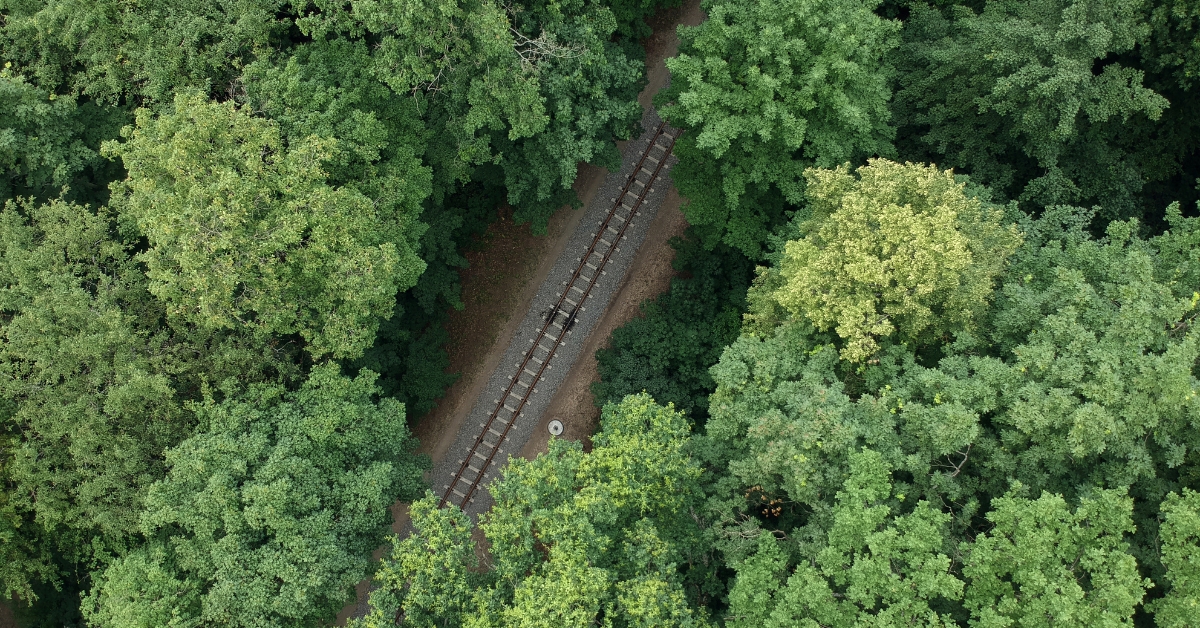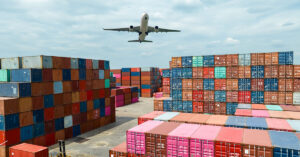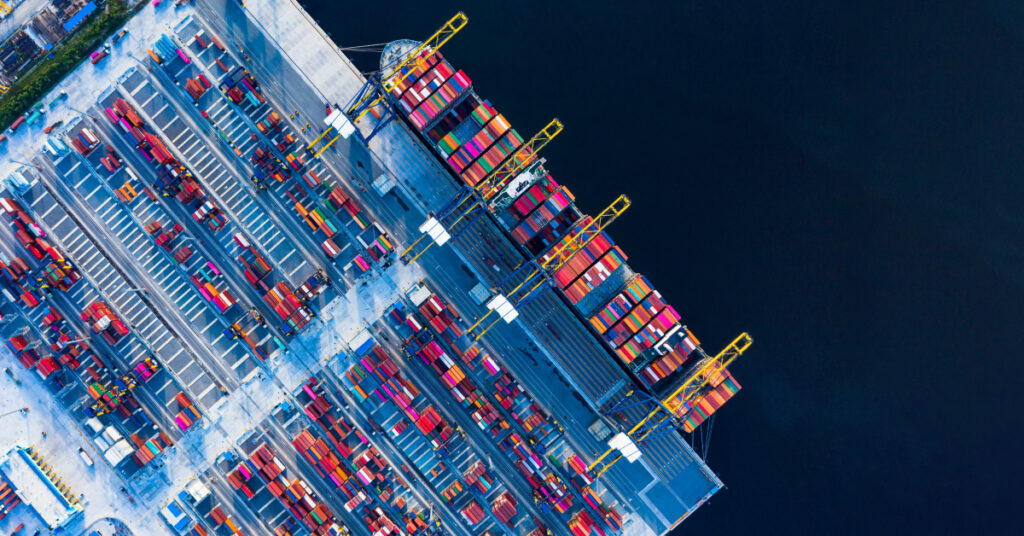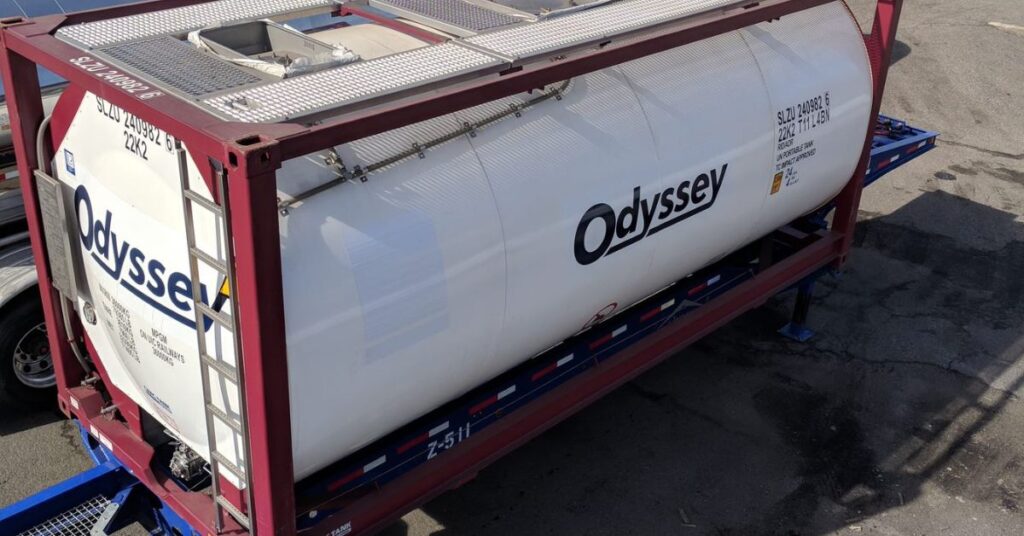Sustainability in the transportation and supply chain industry has been a concern for decades. Conversations have been ongoing about how to reduce the carbon footprint, incorporate electric vehicles into fleets, and adopt alternative fuels.
Now, however, we’re at a crossroad. The global climate crisis has reached a tipping point, highlighting transportation’s contribution to the problem in the boardrooms of most corporations.
And for good reason. According to the U.S. Environmental Protection Agency, transportation is responsible for nearly a third (29%) of all greenhouse gas emissions. While passenger vehicles make up a significant portion of that number, ships, trains, planes and freight trucks are also in the mix.
We need new ways to advance sustainability in the supply chain. While being better stewards of the planet is the top priority, building sustainability into organizational practices can also reduce costs and improve margins. Through the use of sophisticated business intelligence tools, economic and operational data can be integrated with supply chain goals to optimize day-to-day operations and long-range planning. Organizations and their third-party logistics partners can draw on current and emerging technologies, including electrification, alternative fuel vehicles, internet of things (IoT) enabled devices, predictive and prescriptive analytics, and telematics.
While some efforts to reduce carbon emissions are longer range in scope, there are immediate steps that can be taken to advance sustainability in the movement of goods around the world. They include exploring intermodal transportation as an alternative to over-the-road long hauls, consolidating loads and reducing truck idle time by being ready when goods are picked up or delivered, and being flexible about drop-off and pickup windows to further limit truck idling.
Shippers and carriers need to reexamine how goods are packaged for shipping, and consider more environmentally responsible options such as bulk tanks, ISO tanks and intermediate bulk containers. Unlike many smaller drums and barrels, these packaging types can be cleaned and reused.
Another way to advance sustainability is to use wooden pallets and recycle them when they’ve reached the end of their serviceable lives. Warehouses can shift to energy-efficient lighting, including motion-sensitive lights. Electricity or natural gas are alternatives to gasoline or diesel in tractors, forklifts and yard tractors. Solar power can be incorporated into overall warehouse design to further reduce energy consumption.
Seek out companies that have Smartway certification, a partnership initiative between the U.S. Environmental Protection Agency and logistics companies, shippers and carriers that have committed to processes and equipment that improve fuel efficiency and reduce emissions. Finally, look for 3PLs or shipping brokers that can optimize shipments and help find carriers that can be loaded both for headhaul and backhaul. This reduces empty movement and makes every mile count.
Designed and executed properly, sustainability does more than protect and improve the environment. It can help organizations and their carrier partners build stronger and more profitable supply chains. It can also provide people in every part of the world with dependable access to food, medicine and other essential goods.
Now that the transportation and supply chain industry has hit a crossroad for sustainability, we need to come together to uncover new ways to reduce costs, improve margins and better serve every organization and person along the supply chain. The planet and profits depend on it.









